Mountains, of Cabo by Joanne Bechtel
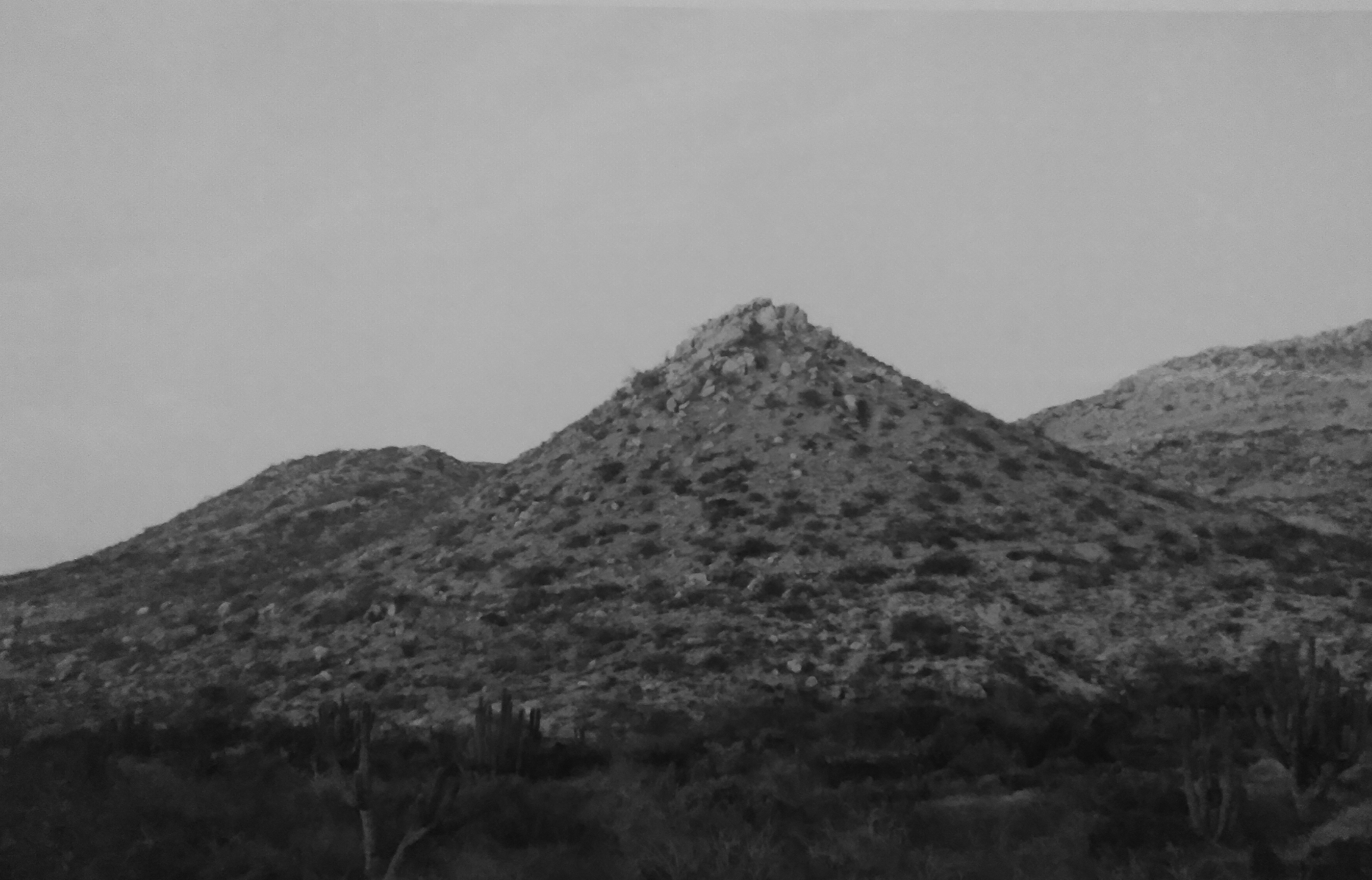
Joanne Bechtel is a former student of HCC, where she spent all of her time in the darkroom. She graduated FCC, 2004, published, Cover of Frederick’s Child Magazine.

Joanne Bechtel is a former student of HCC, where she spent all of her time in the darkroom. She graduated FCC, 2004, published, Cover of Frederick’s Child Magazine.
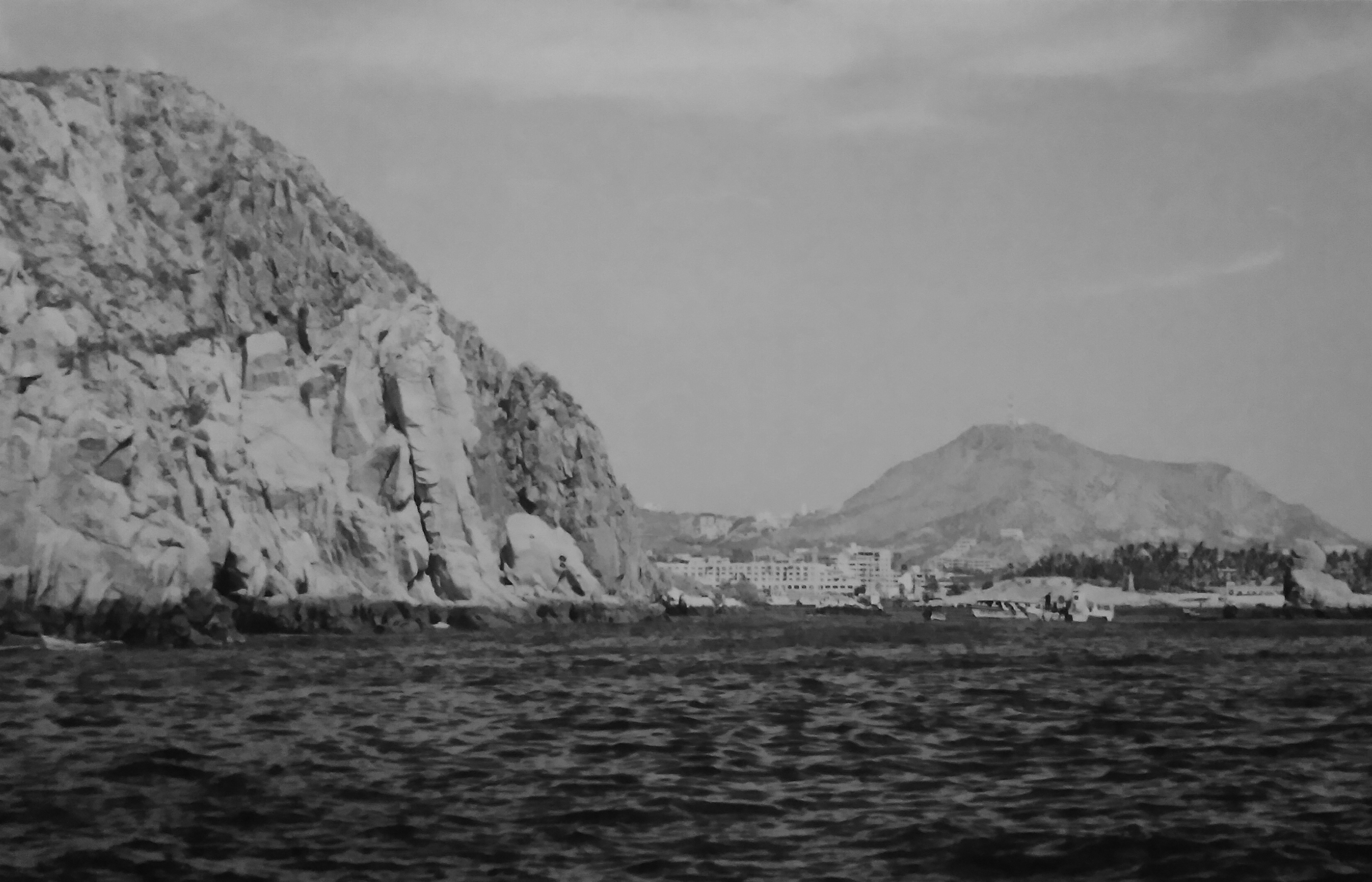
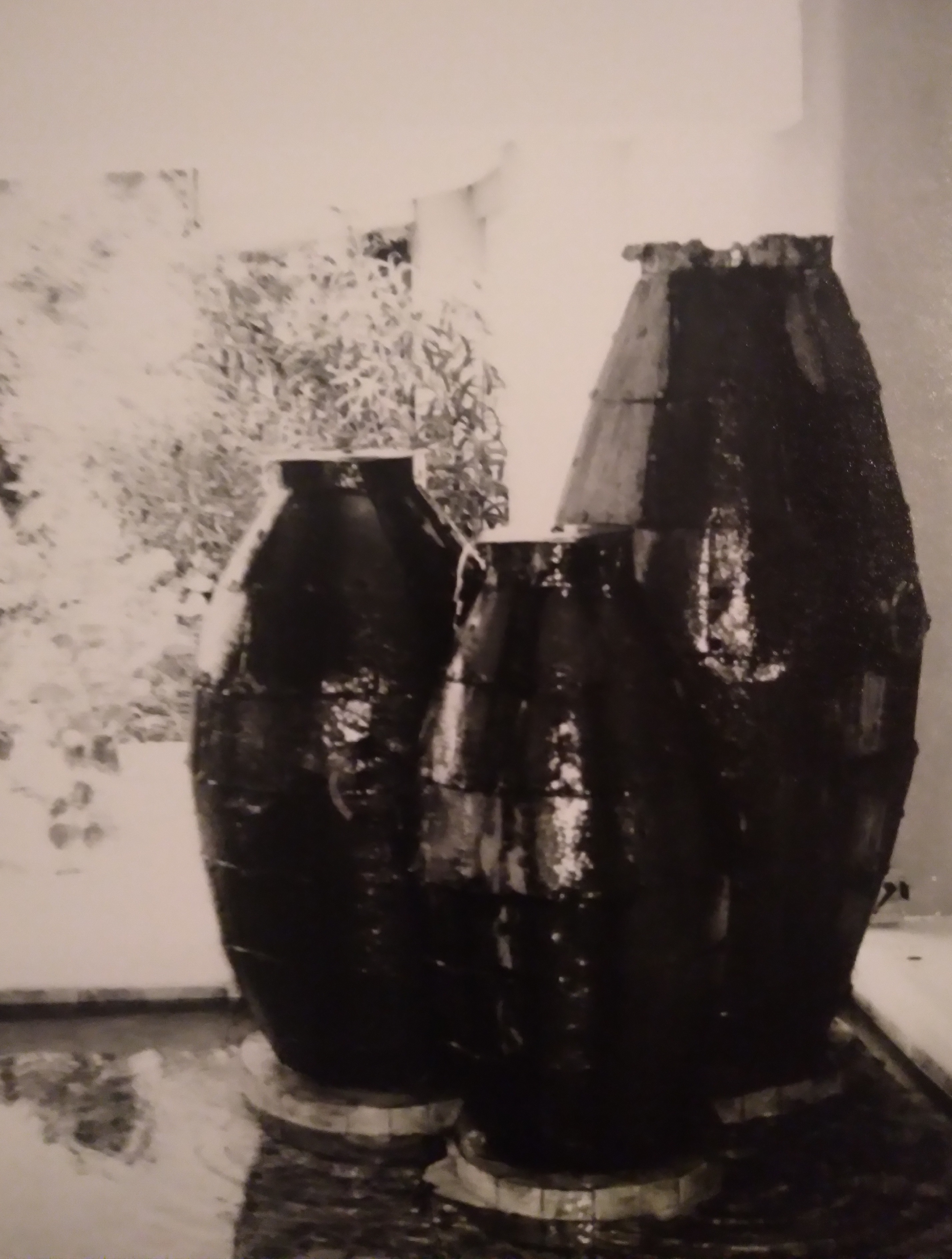
Joanne Bechtel is a former student of HCC, where she spent all of her time in the darkroom. She graduated FCC, 2004, published, Cover of Frederick’s Child Magazine.
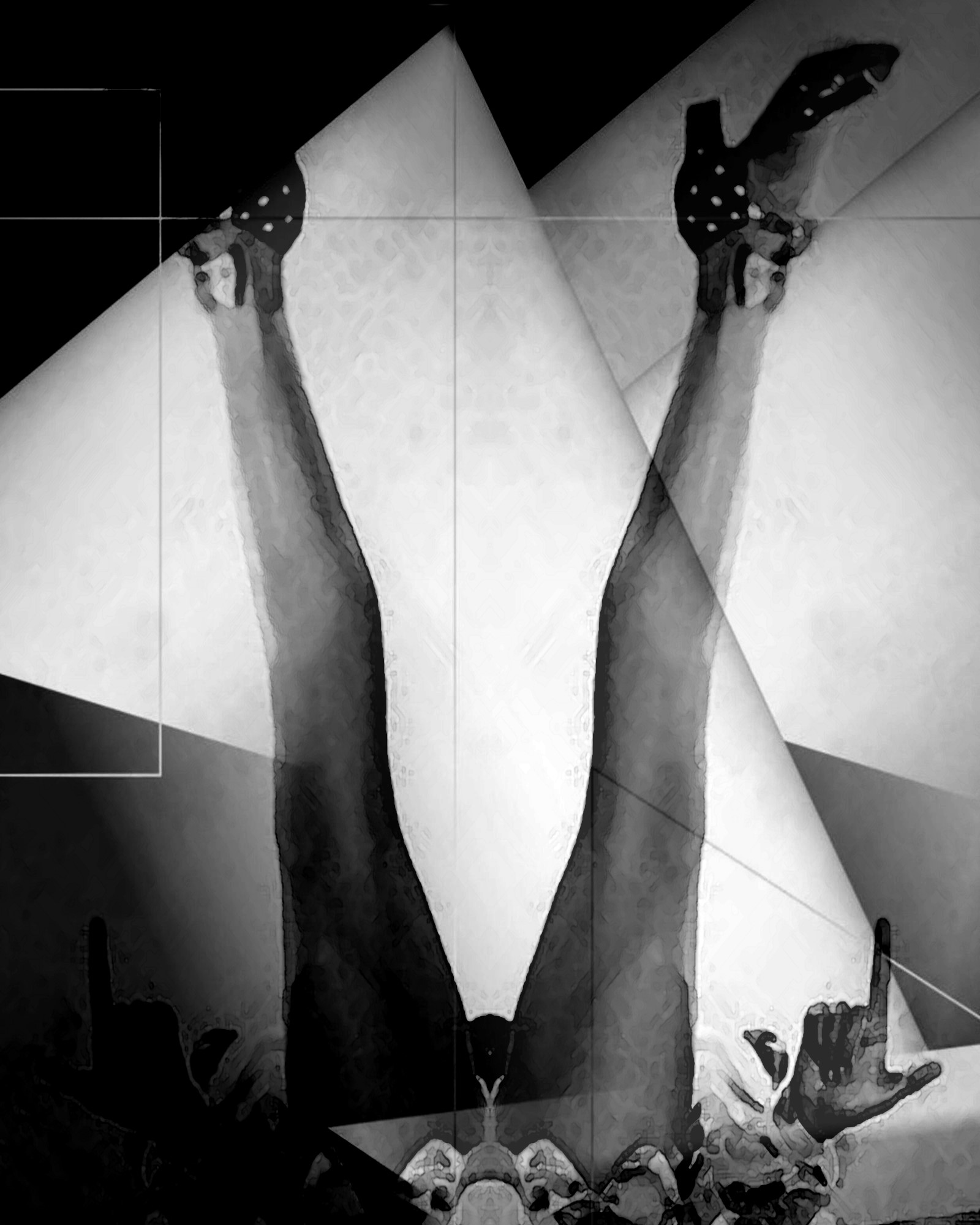
Alex Nodopaka originated in 1940, Kiyv, Ukraine. He speaks, reads and writes in San Franciscan, Parisian, Kievan & Muscovite. Mumbles in English & sings in tongues after Vodka! He propounds having studied at the Ecole des Beaux Arts, Casablanca, Morocco. Presently full time author, visual artist in the USA but considers his past irrelevant as he seeks new reincarnations.
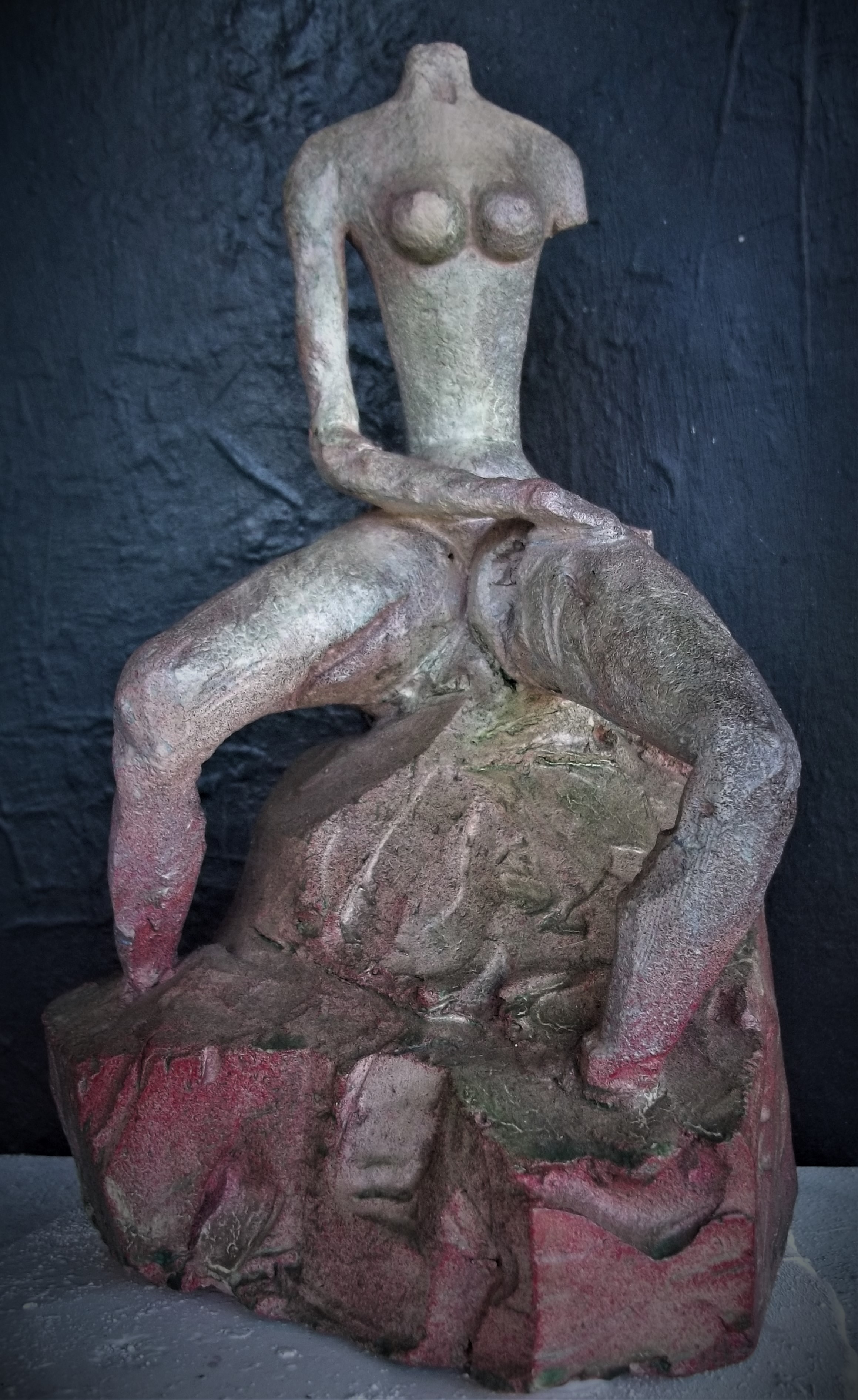
Alex Nodopaka originated in 1940, Kiyv, Ukraine. He speaks, reads and writes in San Franciscan, Parisian, Kievan & Muscovite. Mumbles in English & sings in tongues after Vodka! He propounds having studied at the Ecole des Beaux Arts, Casablanca, Morocco. Presently full time author, visual artist in the USA but considers his past irrelevant as he seeks new reincarnations.
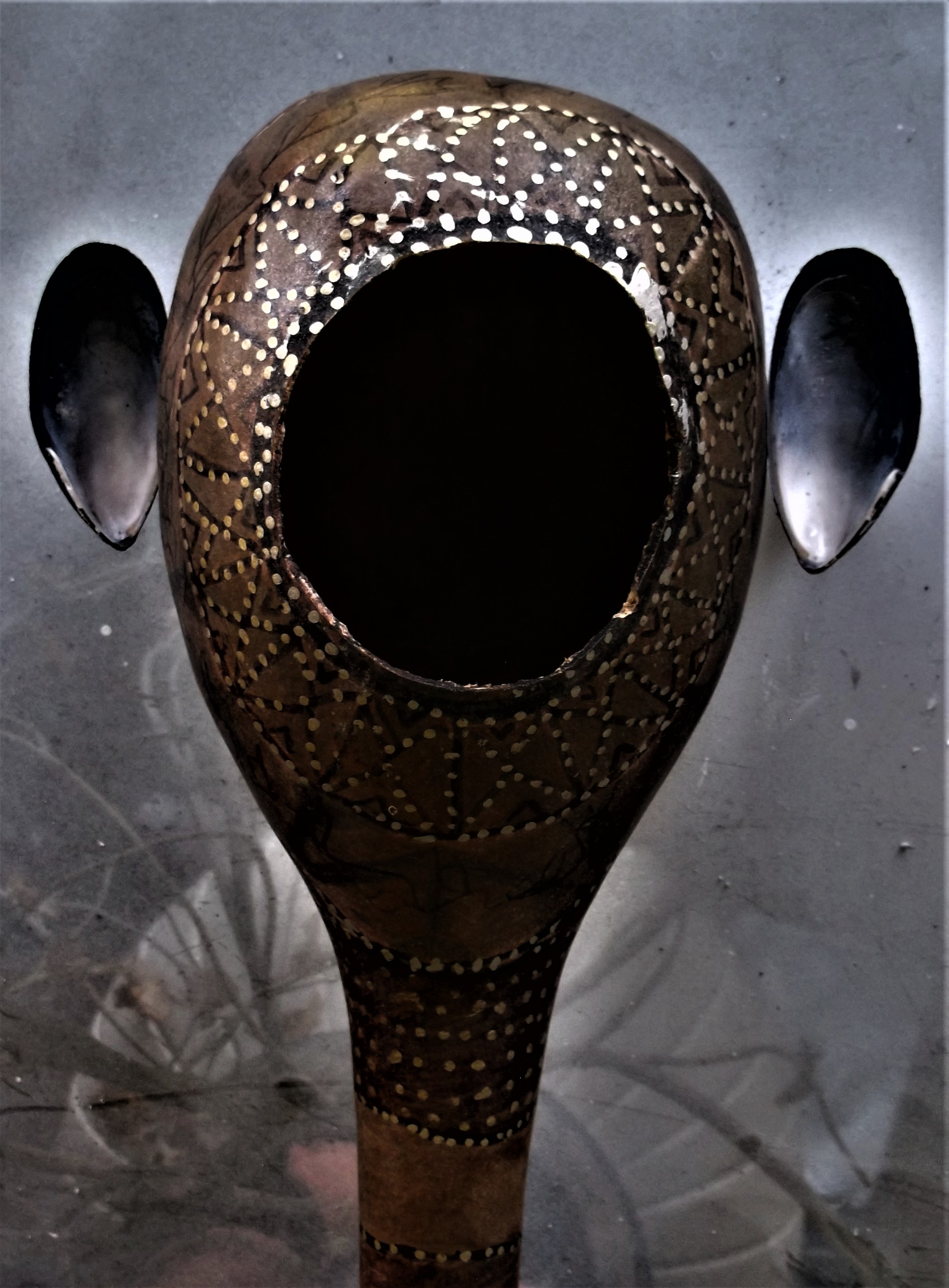
Alex Nodopaka originated in 1940, Kiyv, Ukraine. He speaks, reads and writes in San Franciscan, Parisian, Kievan & Muscovite. Mumbles in English & sings in tongues after Vodka! He propounds having studied at the Ecole des Beaux Arts, Casablanca, Morocco. Presently full time author, visual artist in the USA but considers his past irrelevant as he seeks new reincarnations.
My brother had an illness that flooded his adolescent body. His blood had morphed into bad blood– too young to know the problem, only that his bruises were amplifying in shades of chartreuse and hues of blue. He was the kind of sick that made my mom start praying to a God she didn’t believe in, the kind of sick that gripped my dad (of muscle and liquor and a proud poker face) by the throat– to make a loud man start crying. I do not remember these years I lived through.
I live in a haunted house. It is full of pictures of us in different hospital rooms and him, our baby boy blowing out birthday candles– the ghosts in this room making wishes on an exhale of breath over mushy icing. The bones of this house are molded by the nights I’ve spent staring at corners. Time is the blood that runs through these walls; it is the heartbeat that thumps as if to say remember, remember, remember.
And sometimes it comes to me in dreams. This trauma is the spoon that slowly digs itself into my core. A slow death, a gravitational pull. I get these memories in butterfly flutters. Our parents out, and I, the easy babysitter. The way as soon as they left he filled an entire cup with his own blood. This haunting nosebleed. The way my mind reluctantly owns this moment as if it’s asking me to relive the terror of being alone in a house with walls that seem to close in on us, with a brother who is sick and a mind that is not yet ready to process the feeling of grief. An ambiguous loss of our childhood. He, who is seen as the kid with cancer and I, the older sister. This supposed growing young woman who is so strong to have endured such tragedy.
But I, the imposter. The girl who puts on a facade in order to comfort her brother who is bleeding fast and without end. Who is praying to someone somewhere for her mom to get home soon– to fix the uncomfortable, neverending drip of cancer. Forever calling for her parents, as if they have the power to stop this sickness from infecting our laughter.
Time does not stop for our sadness.
I have forgotten how to exhale without making wishes and I know nothing of running from tragedy. I live inside of loss and make myself a bed for grief as if to say welcome home, please, take some time to be.
My mother is schizophrenic and bipolar, and I grew up rather poor. I know what it is like to live with an unperfect childhood. The illnesses lead to delusions, hallucinations, and impulsivity. My life was a blur with pain with a sprinkling of happiness whenever my mother got in control of her illnesses. My ears bled with the screaming and fighting with her accusing me of things I never did. She overshared her struggles, so I became the parent instead of her. She stole the money I could get myself whenever I was a teenager because she could not take care of herself. It took me a while to recognize the abuse and that this was not fair to me. I recently moved out at eighteen to live with my boyfriend and cut off my mother for good.
Not everyone can get up and leave when they are in an agonizing circumstance. I realized if the people around me didn’t believe me about the abuse, I would have been homeless or stuck in my abusive situation. When someone does not have a home, they don’t look presentable for a job. They don’t have the clothes that a job may require. They also do not have transportation as a homeless person does not have an address to get a driving license. How can someone find a job if they cannot commute for the job? So many things systemically oppress those that are poor or are mentally ill.
At the same time, I could not imagine having the money to go to college if I had not have left. I could use only my taxes instead of going off my parent’s income. There are so many instances where I could not have had my dream job of becoming a therapist, but I slipped by with only luck to my name.
It reminds me how luck is more involved in the American system than skill. So many are in these sorts of situations or in a job that abuses them and does not allow them to climb the ladder of the economy. The propaganda blasts in the news that people do not want to work when they ignore how successful businesses are when they pay a living wage. Those who have lived a decent life do not realize that some people do not have the circumstances to be able to work to better their lives and are in a position where luck was a determinator between success and failure; It is hard to hear daily.
People want to work, just not for a system that makes it so that luck and privilege are valued more than skill. With the way I grew up, I know the reality of America. Luck matters more than hard work.
Last year, we received that dreaded phone call to come to the hospital. My son had been hit by a vehicle while he was riding a bicycle. Calls such as these aren’t made to parents of adult children for minor injuries. I knew this was much, much worse.
It was 5:30PM. He had texted his brother at 4:45PM; he was heading out on a bike ride. He rode a few miles until he was hit by a vehicle, thrown into the car windshield and beyond.
Upon arrival at the hospital, we were ushered into a private room, confirmation of my suspicion that this accident was severe. A chaplain soon joined us. We were silent. We were terrified. We were in disbelief. A neurosurgeon came in, surgery performed and after several hours, we were rejoined with the surgeon who was painfully honest and offered no hope.
Any conscientiousness parent understands the comfort in knowing where your child is. Losing my son moved me into a trajectory of needing to know where he had gone. So fit and completely alive and then, gone. Yes, of course I knew where his earthly body was, but to where had his life gone? It didn’t seem possible to me that this full life was now fully gone. I needed to find my connection with him. And so, I began to reflect deeply on the connection between our physical life and our “brain” life.
Our brain carries us through life as we experience, chronicle, and process the minutes we live. Life is in the brain; our physical presence in essence is carrying our life. Greater than any computer, we generate brain files.
No one would argue that with our miraculous brains we are separate from other life. But why is this so?
Could it be perhaps that this mental, emotional component of life continues when our physical body expires? If my son was in another realm, all I needed to figure out was how to reach him.
For thousands of years, after-life has been discussed. Formal religion aside, in Biblical context Jesus Himself said to the robber crucified aside of Him, that they would be in Paradise together. How could being in Paradise together happen without something living on, as each of them was facing death? Could it be that our brain continues in a non-physical realm? Could it be that when our physical body is pushed to the complete destruction known as death, our brain life, a mere mental life, continues? I desperately wanted my son to be alive in some context.
If we live on in a mental realm, could this realm be an interface for those individuals who claim to have experienced others who have passed? Can we be touched or gently brushed by this realm? If there is an interface, an opportunity to connect, then I have done so. If life is in fact in our brains, if we continue to live, then my son is fully alive.
I believe that there is light in the darkness and through perseverance it can be found. For many of us we end up in this bottomless pit of life where we know longer know what our purpose is which leads us into a dark world of torment. We often forget about the things that we have all around us everyday that make life worth living. Many will eventually find that light but for some the torment lasts to long.
My life was an undeniable hell. Life was colorless, relationships were meaningless, and life felt miserable. I woke up exhausted every day, I constantly found that life’s joys were not for me anymore, and I constantly started asking myself what my purpose in this world was. I soon found myself being pumped full of an SSRI called Zoloft and was soon maxed out on my dosage.
I became a zombie, wandering through life as the beauty and exponential experience’s life had to offer passed me by.
I wanted to scream but my mouth wouldn’t let me. My family and friends would all say about how much better I appeared to be doing but the medication put a mask over me so that no one could see the true pain and emptiness I was feeling. I felt like the soul from within me left in a haste and left me an empty shamble of a shell. I was a burden to my family, society, and felt as though I had no purpose or direction. To me, life was merely existing until you die, life was unfair, cruel, and seemed like a punishment.
I made the decision to end my life.
Did I want to die? No, but I did not want to live either.
The night before my suicide, I had a dream; in this dream I met my creator. I may not remember what was said but I was granted internal peace and was shown that the light is all around us. The colors we see every day, the people we interact with and the love that we give and share with others. I awoke out of breath having no sense of time and feeling as if I had just experienced death.
Six years of repressed emotion began to pour out of me uncontrollably for about two days.
For the first time I felt new but most importantly I felt alive.
I felt emotion that I could not explain and saw the beauty that the world had to offer. I finally felt the love of those around me.
I do not know what I experienced that night, but I know I was given a second chance and an opportunity to reach out to those struggling with maintaining the will to live. I believe there is light in the darkness.